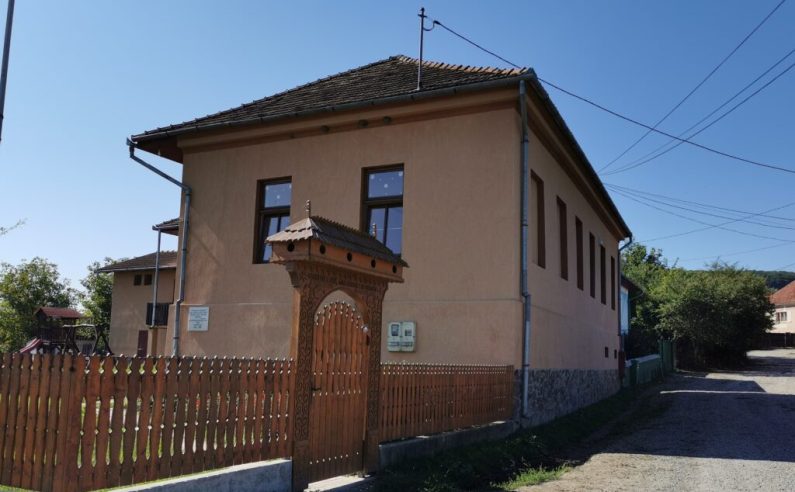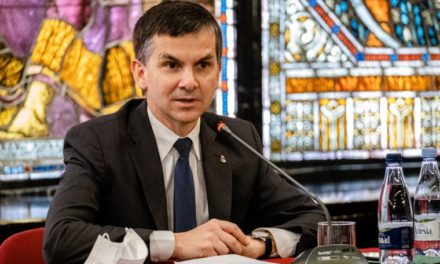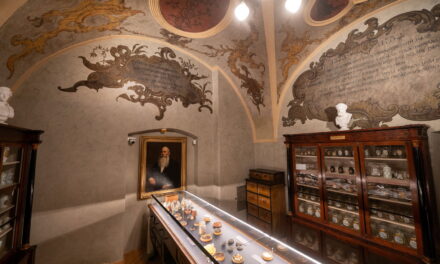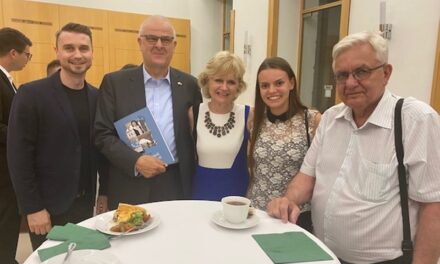Although Farcád, inhabited by 380 enthusiastic, mostly Reformed Szeklers, is only 5 kilometers from Székelyudvarhely, this year the classrooms, which are kept in exemplary order, have been put out for good. After four hundred years of existence, the Áron Lőrincz Primary School in Farcád has been declared closed, the students will continue their studies in the school in Upper Boldogfalva in the future.
The first written mention of the school in Farcád dates back to 1641 thanks to the then schoolmaster Kelemen Bodosi Until nationalization in 1948, it functioned as a Reformed denominational school, where 60-80 students wore the benches in its heyday.
"We found out about the closure of the institution just when we informed the school management that we wanted to help the students of Farcád start the school year this year. However, the sad news did not discourage us, and on the weekend of August 15, we personally delivered our packages to Farcád. István Sándor in the center of the village, which is surrounded by mountains and hills in a picturesque environment , and he willingly introduced the building erected in 1872, in which only the Hungarian-language kindergarten with seventeen children has been operating since the fall, "said the National Cohesion Foundation.
In Farcád, it is not demography behind the school closing, but rather, paradoxically, the proximity of Székelyudvarhely, since the majority of parents have preferred to enroll their children in the city's schools since the asphalt road was built in 2008. By this year, only four nerds would have remained in the institution, which had become unsustainable. They will start the school year in the nearby Felsőboldogfalva in autumn, also in Hungarian. In any case, there is no need to worry about the Romanianization of students in Farcád, the neighborhood is an area with a homogeneous Hungarian population, and only one Romanian family lives in the village. For the time being, there is no danger of remaining in the picturesque village
"Our foundation prepared a package for the students consisting of notebooks, stationery, balls and coloring books. In addition to the textbooks, we also prepared some good-spirited books dealing with Hungarian history, including László Domonkos , The Magyar Ashes of Pompeii," wrote the foundation's staff. They added: We met a good-willed, hospitable, nationally committed Székely-Hungarian community in Farcád. The only reason we are a little sad is that, unfortunately, our foundation's charity event was the last event in the history of the institution that has lived for four hundred years.
Source: erdely.ma
(Cover image: noa2020.hu)












